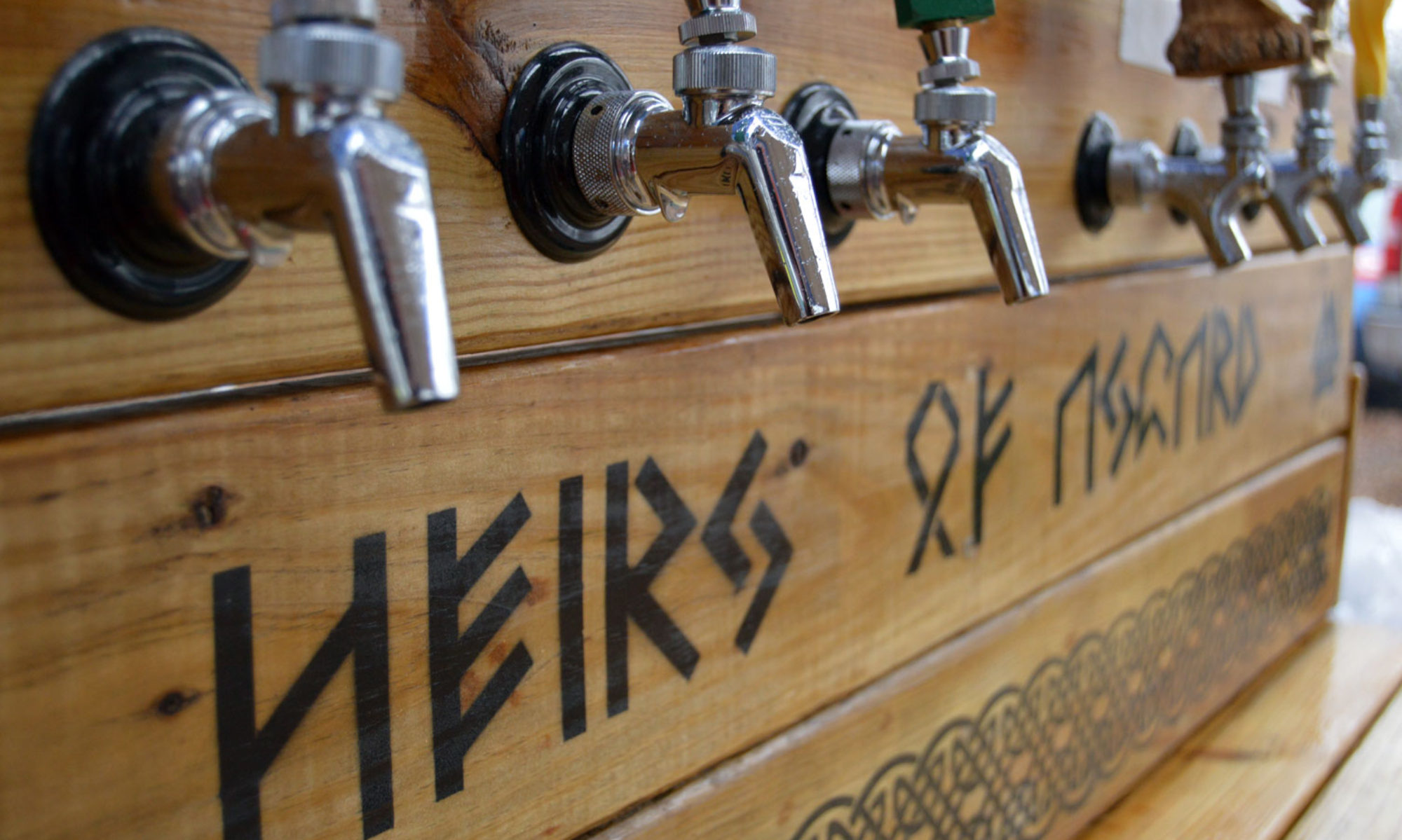At our most recent Sherwood expedition, we had an incident occur that was both unexpected and challenging for us as a group. We wanted to discuss it openly and candidly, but first we needed to fully understand everything that happened and take care of those affected. As the Elder who was on duty and in charge when it happened, I wanted to personally discuss what happened and the important lessons we need to learn and adapt from.
After drinking excessively, a guest in our camp sexually assaulted another guest in the middle of camp. At another point, the offending guest also assaulted an elder, and threatened to assault the police. That guest has been banned from the group, and will not return. There were early warnings leading up to the events that many of us witnessed, and in hindsight, should have been points where we should have intervened.
I will take personal responsibility for not acting sooner, as I believe others who were there will also do. One of the most important lessons that I learned is that, much like drowning, assault may not look anything like what you expect. You may expect a victim to scream, get angry, or call out for help, but often that’s the last things they will do, especially if they know the person. Instead we saw that the victim nervously laugh and say things like “hey, what are you doing?” and “How about we don’t?”, trying desperately to peacefully de-escalate the situation — hoping to avoid a big scene. I was fully sober at the time, saw many of the events occur, and yet realized nothing about what was occurring just a few feet from me. I say this to point out how vigilant we all need to be.
Their calls went unanswered longer than they should, because 1) we didn’t know what to look for, and 2) we weren’t vigilant and communicative as a group. There was very little communication between members and elders about what had happened. We were also more afraid to engage the police than we should have been, when they could have intervened to help as people who are trained in de-escalation and have the power to resolve conflicts. We came away with a few important lessons:
- We all need to be vigilant about people getting too drunk/incapacitated. If you see it happening, don’t be afraid to suggest to someone that they drink water, slow down, or stop drinking. If it begins to turn into a conflict, don’t engage, grab an elder.
- If someone asks you to slow down or stop drinking, don’t get angry, take their message to heart.
- If you see anything suspicious, don’t be afraid to eavesdrop and inject yourself (it’s Our camp). We can all work together to de-escalate. If anything seems worrying, let an elder know right away.
- If elders aren’t available, or there is any sort of immediate threat, don’t be afraid to engage the police/security. That is what they are there for.
- We should all be able to work together to maintain a safe camp, and safety is of utmost importance to us. We will begin introducing a series of specific safety measures at future events to help with this, including a Friday night safety meeting.
Together we are tanks,
XO
